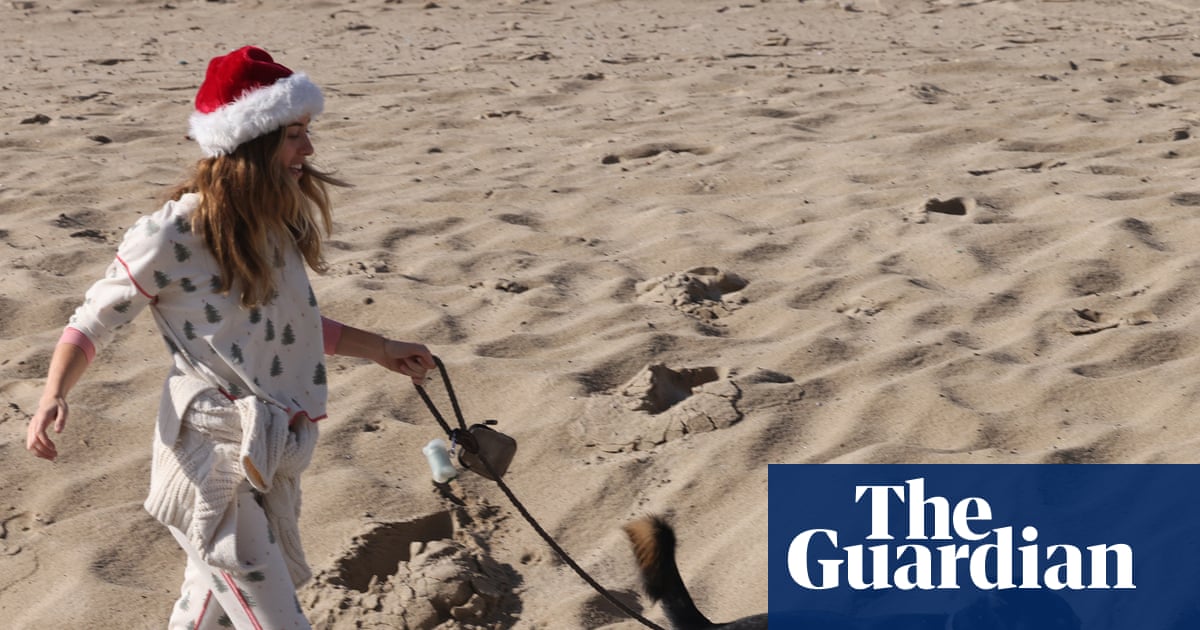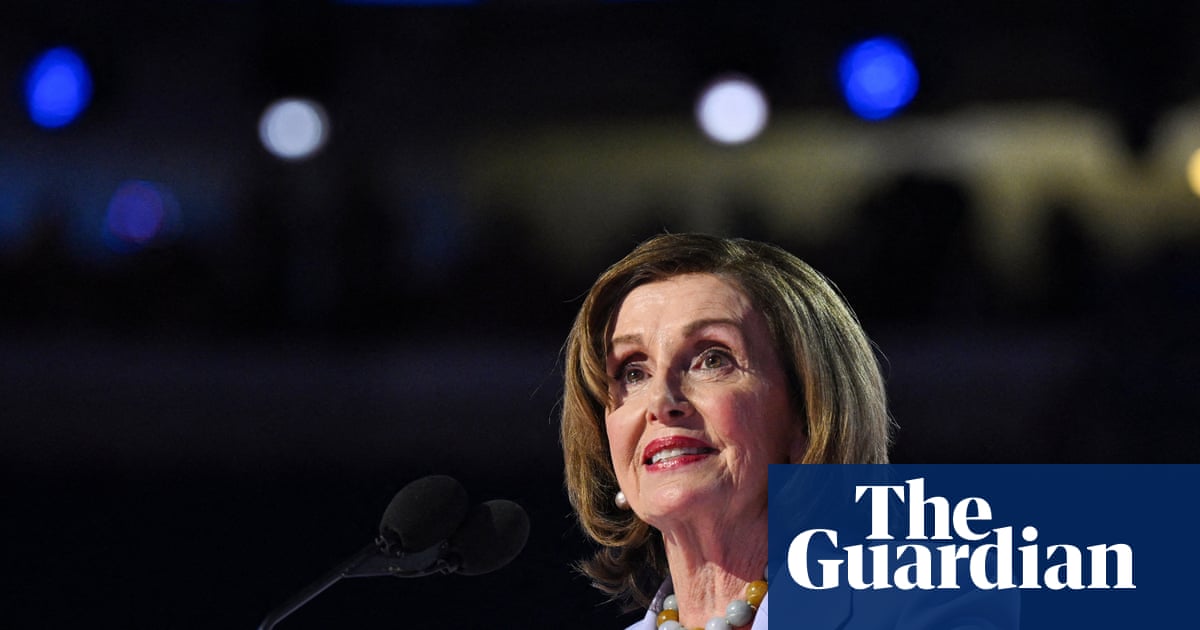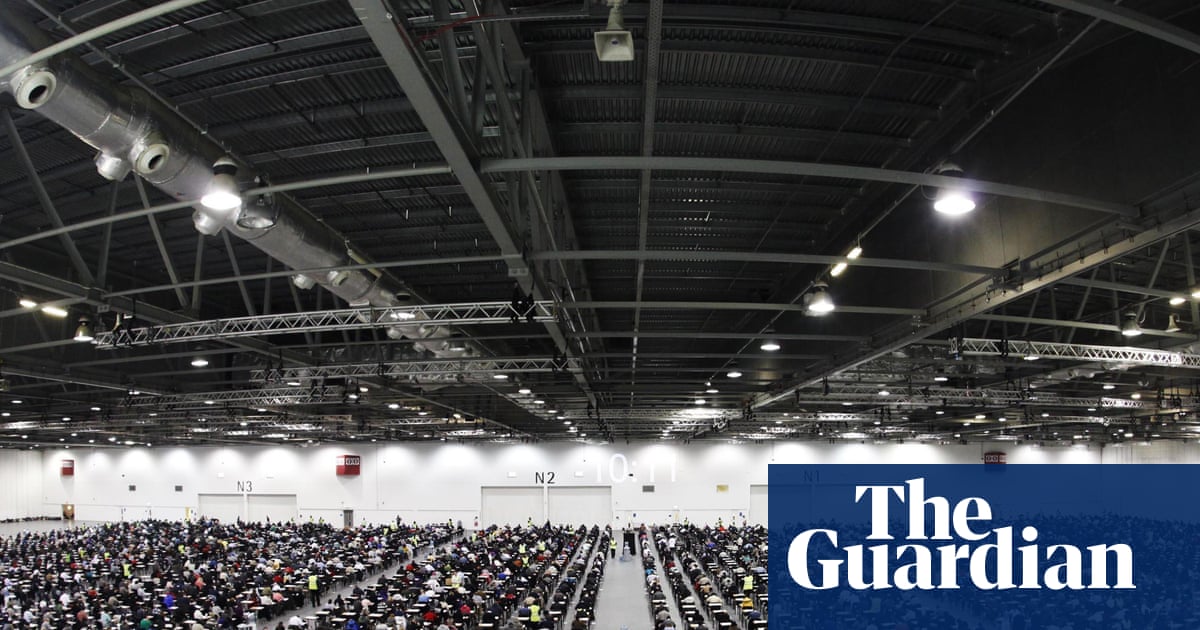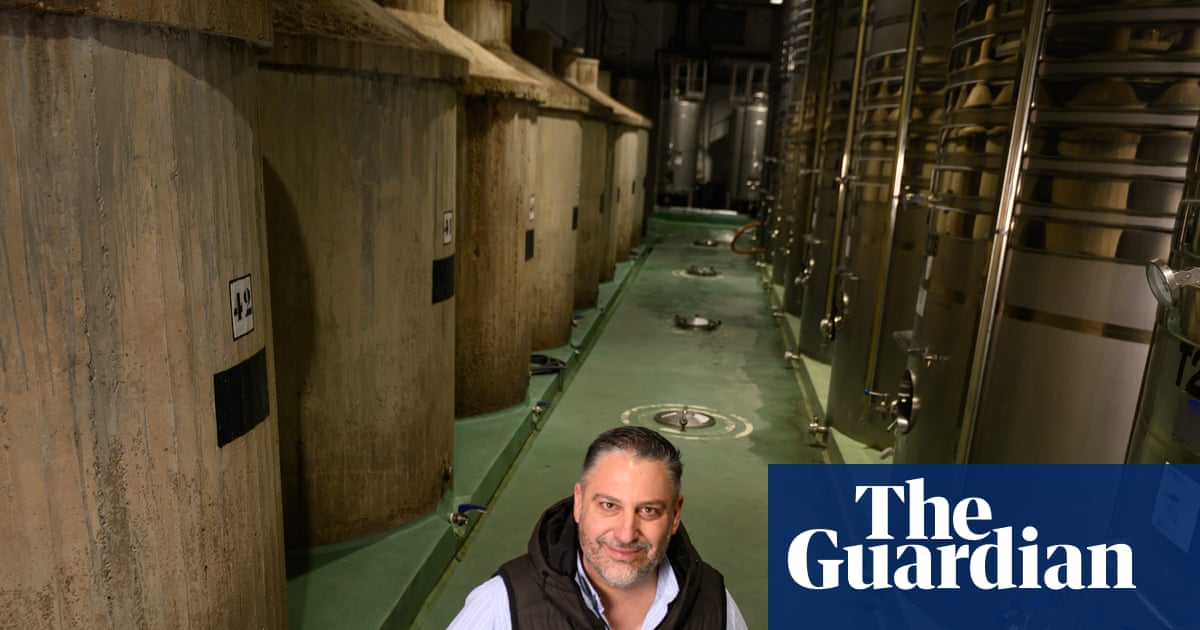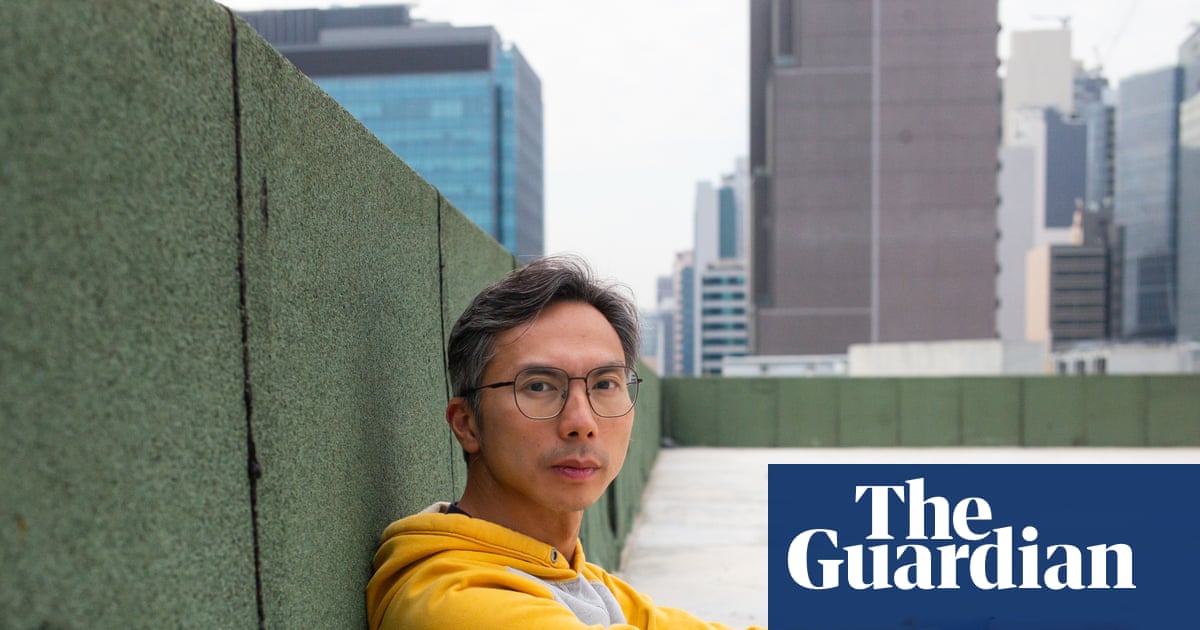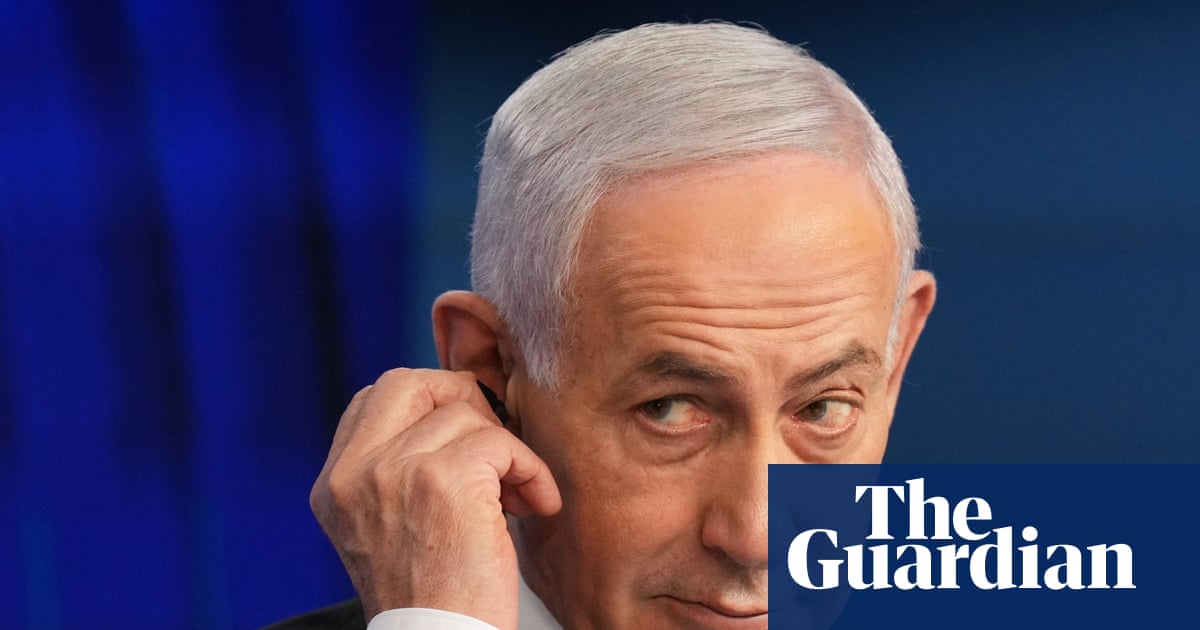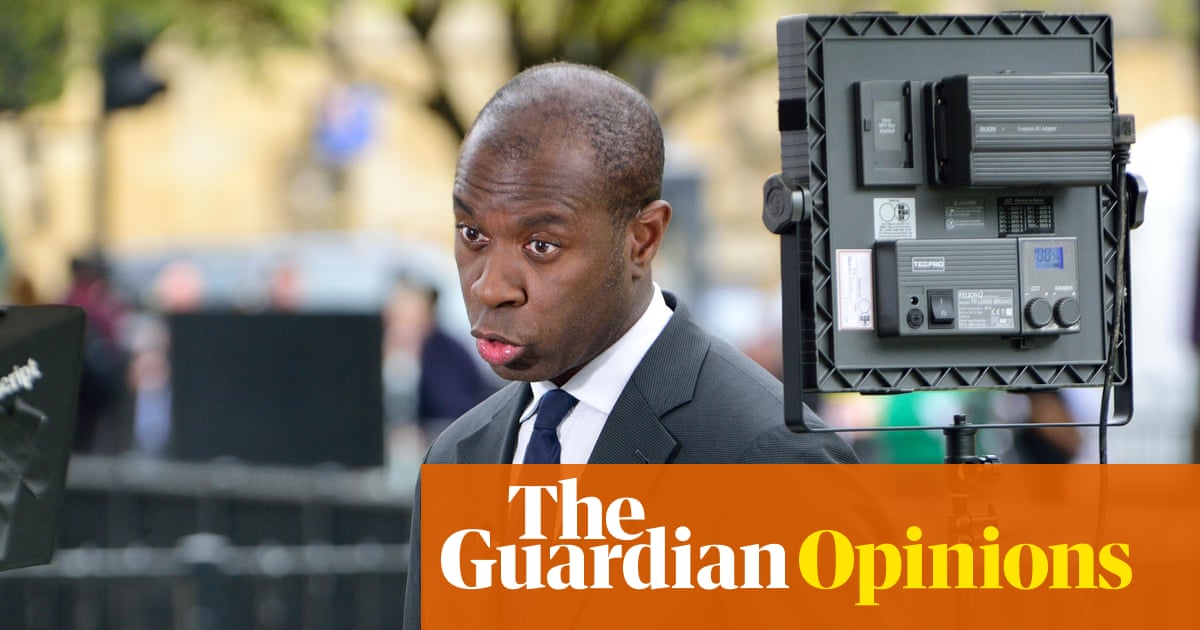Climate change, rising seas and China’s push for influence are set to dominate talks at the Pacific Islands Forum in Solomon Islands this week, in a meeting already marked by geopolitical tensions.
The lead up to the forum has already been fraught with tensions after Solomon Islands prime minister Jeremiah Manele excluded external partners – including China, the US and Taiwan – from discussions.
A proposal to declare the Pacific an “Ocean of Peace” and the climate crisis are among the key issues likely to be discussed as Pacific leaders gather for the most significant regional meeting of the year.
Here is a look at what we can expect at this year’s event.
What is the Pacific Islands Forum and who attends ?
The Pacific Islands Forum, or Pif, was established in 1971 and has since become the primary political and economic decision-making body in the region.
“Its sort of like a mini-UN … where you have all the Pacific countries coming together to discuss not only the transnational issues affecting the Pacific but also all of the global issues,” says Sione Tekiteki, senior lecturer at Auckland University’s Technology Law School and the former director of governance and engagement at Pif.
The forum has 18 full members including Australia and New Zealand and nearly two dozen external partners – including China, Taiwan and the US.
New Zealand prime minister Christopher Luxon and his Australian counterpart Anthony Albanese will attend the summit alongside Pacific leaders, including Tuvalu’s prime minister Feleti Teo, despite his earlier threats to boycott the meeting.
The week-long summit has become the site for major decisions about the future of the Pacific. The forum has endorsed regional agreements that include addressing threats from climate change and cooperation on other regional issues.
What will be the key issues at Pif 2025?
Supporting communities grappling with the climate crisis, regional security and working out the shape of the forum’s membership are expected to be among the main issues discussed. Leaders are expected to issue a “Ocean of Peace” declaration, an initiative to promote a peaceful and secure region amid rising geopolitical tensions.
The declaration is an opportunity to “insulate the region from the worst excesses of geo-strategic competition and the increasing military build up,” says Marco de Jong, a Pacific historian and lecturer at the Auckland University of Technology.
But he notes there is division, as Pacific nations have “different visions of what [peace] might look like.”
Another key issue will be the review of the regional architecture, in which leaders are considering who ought to be deemed members or partners, says Tekiteki.
Tekiteki says leaders will be also be reporting back on deep sea mining – a topic the region is “quite split” over – and discussing the Pacific Resilience Facility, a fund to ensure the region can prepare for natural disasters and the effects of climate change.
Australia will be hoping to confirm leaders’ support in its bid to host Cop31 climate talks, while discussion will also likely turn to the international court of justice’s landmark decision that found countries that fail to prevent climate harm could be liable for compensation and restitution. Last year Australia secured backing for a significant policing plan with more details expected to be confirmed this year.
What challenges is the region facing?
The region is facing complex crises around climate change, transnational crime, natural disasters and competition for influence.
Mihai Sora, director of Pacific Islands programme at the Lowy Institute, says climate change remains the region’s most pressing issue, with the impacts on agriculture, fisheries and livelihoods becoming more pronounced.
“All Pacific leaders continue to bang the drum [on climate change], which is quite reasonable given what they perceive as a lack of international action, particularly from major emitters,” Sora says.
Transnational crime – including the drug trade, human trafficking and smuggling – is “rapidly” overwhelming law enforcement across the region, Sora says, adding that local drug markets were now developing.
Meanwhile, western nations that traditionally held sway in the region have become increasingly concerned about China’s push for influence in the Pacific.
In 2022, Beijing signed a security deal with Solomon Islands and has struck other policing deals in the region in recent years. Last year, China tested an intercontinental ballistic missile in the Pacific, and this year, conducted live-fire drills in the Tasman sea.
At last year’s summit, China’s regional envoy stirred controversy after it demanded a communique scrap language about Taiwan.
“China is quite obviously now seeking to shape the Pacific Islands forum as an institution, of which it is not a member,” Sora says.
Tekiteki says to counter China’s presence, New Zealand and Australia will be looking to ensure Pacific nations still view them as “the go-to partners in the region”.
Why did the decision to exclude external partners cause a stir?
Solomon Islands is China’s biggest security ally in the region and Manele’s decision to block all external partners from attending the summit fuelled speculation that the move was aimed at keeping Taiwan out of the meeting. Manele says he excluded partners because the review into the regional architecture had not yet been completed.
But Sora believes his decision to exclude all partners was a “plan B”, or compromise. The initial proposal was to isolate only Taiwan, Sora says, which “reveals that the motivation and the intent behind it is really about accommodating China’s preferences”.
Manele’s decision was a missed opportunity for Pacific leaders to engage with the international community, Sora says.
“The forum is so dependent on external assistance for development, for traditional aid … economic development and for climate finance in particular,” he says. “So it is, overall, a self defeating move.”
Behind the scenes, discussions would probably turn to Manele’s decision, Tekiteki says. “Whilst it won’t be on the formal agenda, [leaders] will be discussing their specific position on China.”
But there may be a silver lining to the decision, de Jong adds.
“Let’s all hope that the absence of outside noise gives the region an opportunity to make decisions in its collective interest.”

 3 months ago
61
3 months ago
61




